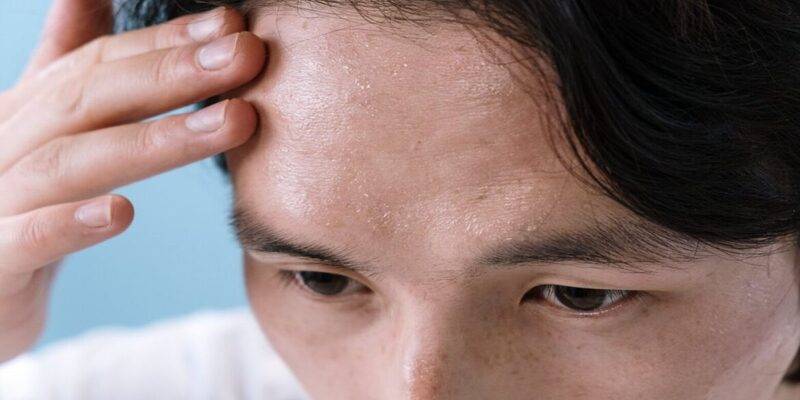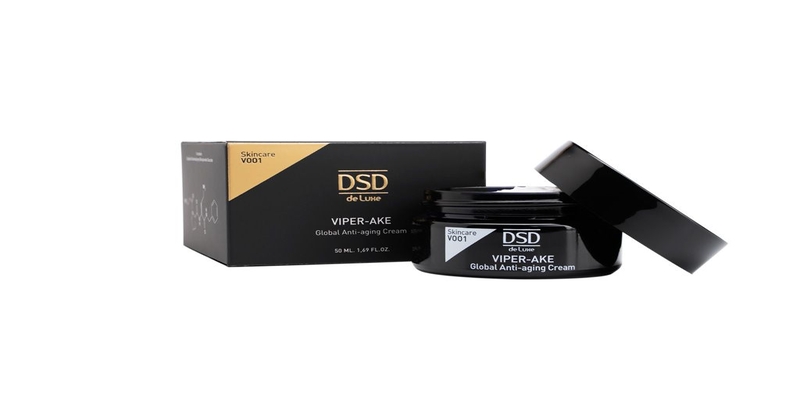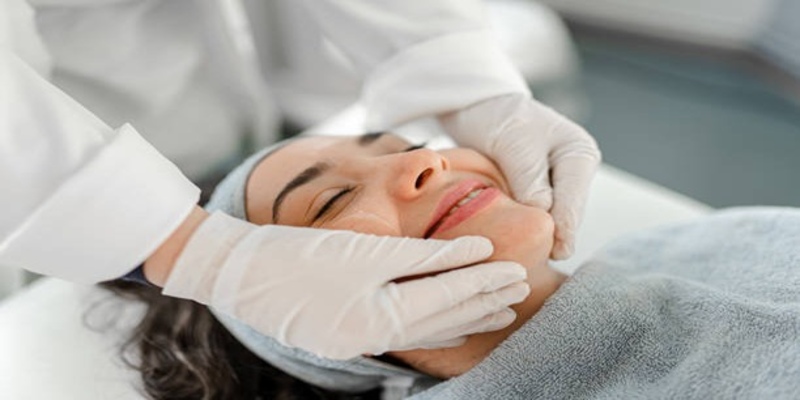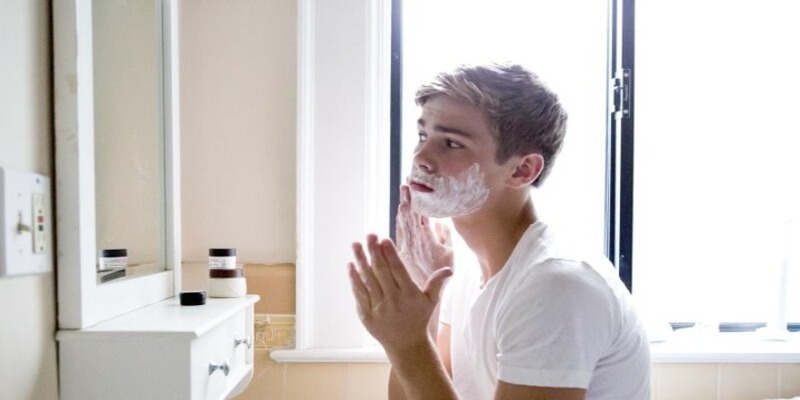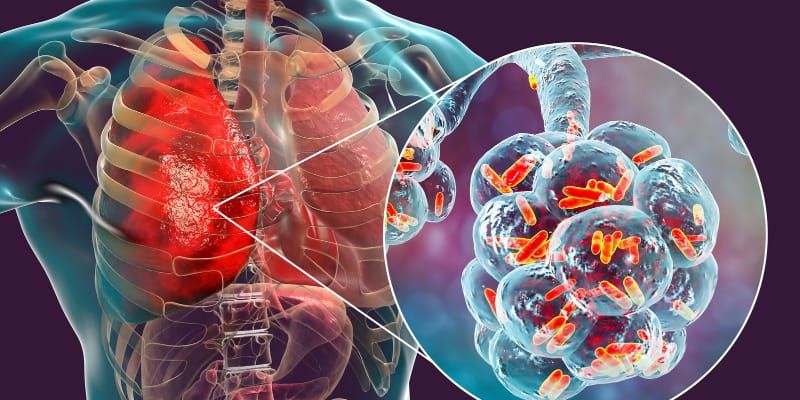Acne is a prevalent skin ailment that may afflict people of any age, causing distress and low self-esteem. It shows up as blackheads, whiteheads, and painful cysts or nodules on the skin. Hormonal fluctuations, stress, and poor nutrition are all potential triggers of acne. There are many options for therapy, however many people prefer the safety and efficacy of natural medicines. This method is easily available and inexpensive since it employs common household items. Natural therapies may be equally as successful as chemical-based medications in controlling acne, and they often have fewer adverse effects. This article discusses numerous home treatments that give relief from acne, emphasizing natural treatment approaches. These treatments take a comprehensive approach to treating acne by addressing the underlying causes as well as the symptoms. In addition to clearing up existing acne, they work to keep pimples at bay for good.

Understanding Acne and Its Causes
Acne Types and Symptoms
Acne comes in many various shapes and sizes, and its effects range from mild to severe. Acne vulgaris, the most common kind, manifests as blackheads and whiteheads. The buildup of oil and dead skin cells in the pores is to blame for these. Inflammatory acne is characterized by red, swollen, and painful zits. Bacterial infections in the blocked pores cause these. Cystic acne is another severe kind that may cause scarring if left untreated. It is characterized by the formation of huge, painful cysts beneath the skin. Acne causes pimples, redness, and even scarring of the skin. To effectively treat acne, it is necessary to first determine its specific kind.
Common Triggers and Preventive Measures
Hormonal shifts like those that occur during puberty, menstruation, and pregnancy are major acne causes. Stress and certain drugs may also aggravate acne. Acne may be exacerbated by certain foods; specifically, a diet strong in sugar and dairy. Acne may be worsened by using harsh skin products and touching the face too much. Acne may be mitigated by maintaining a healthy lifestyle overall, which includes regular exercise and stress management.
Home Remedies for Acne Relief
Green Tea Application
Green tea's anti-inflammatory properties and antioxidant content make it a useful treatment for acne. Acne-related redness and edema are alleviated by its anti-inflammatory effects. Green tea, when brewed strongly and allowed to cool, may be used to treat acne. When the tea has cooled, use a cotton ball or a spray bottle to apply it to your face. Every day, you can do this. Green tea ice cubes may be prepared and gently massaged over the acne-affected regions to provide a calming effect and minimize the appearance of pores.
Aloe Vera Treatment
Acne sufferers might benefit greatly from using aloe vera, which is well-known for its healing and calming characteristics. It calms irritated skin and aids in decreasing inflammation and redness. If you want to utilize aloe vera, you need to get the gel out of a fresh aloe leaf and put it on your skin. For optimal effects, let it sit overnight. The healing properties of aloe vera may be amplified by combining it with other all-natural substances, such as tea tree oil.
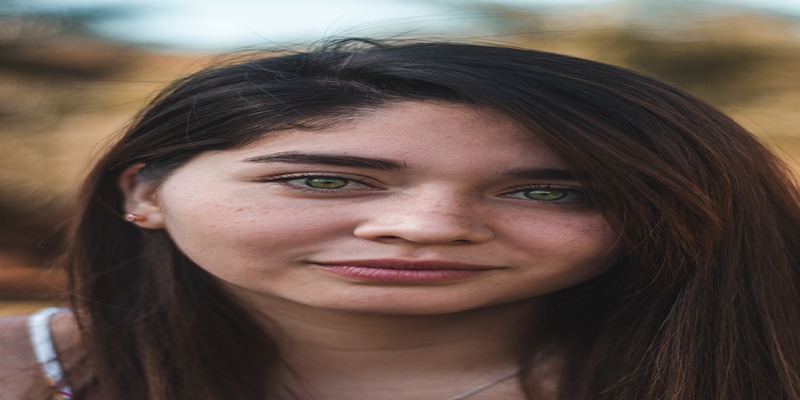
Probiotic-Rich Foods
Yogurt, kefir, and fermented veggies all include probiotics that aid in skin maintenance. They restore a healthy microbial balance in the stomach, which has been linked to less inflammation and fewer acne breakouts. Acne may be managed from the inside out by eating probiotic-rich foods. Better digestion is reflected in radiant skin when you eat these meals.
Hydration and Skin Health
Hydration is crucial to keeping healthy skin. Acne-causing toxins are flushed out of the body when large amounts of water are consumed throughout the day. In addition to reducing the risk of acne, the skin's hydration is maintained. Because they cause dehydration and worsen acne, coffee and sugary beverages should be used with caution if you want clearer skin.
Natural Topical Treatments
Honey and Cinnamon Mask
The antibacterial and anti-inflammatory qualities of honey and cinnamon make them an effective anti-acne therapy. Heal your skin without clogging your pores with honey's hydrating benefits. However, the antibacterial qualities of cinnamon aid in the battle against acne-causing germs. Two tablespoons of raw honey and a single teaspoon of cinnamon may be combined to make a paste for this mask.
Turmeric and Yogurt Paste
Turmeric's antibacterial and anti-inflammatory effects have made it a popular ingredient in cosmetic products for decades. A mask made with yogurt and its naturally occurring lactic acid and probiotics is very effective against acne. Yogurt's lactic acid gently exfoliates the skin, while turmeric calms inflammation and diminishes the appearance of scars. Create a paste by combining one tablespoon of yogurt and one teaspoon of turmeric powder.
Lifestyle Modifications for Acne Prevention
Stress Management Techniques
Hormonal disruptions brought on by stress are a well-documented cause of acne. In order to avoid acne, stress management is essential. Stress may be greatly reduced via the practice of techniques such as deep breathing, meditation, and yoga. Relaxing the mind might be as easy as going for a stroll or reading a book. A regular sleep schedule may help you feel less stressed, which is good for your health and your complexion.
Regular Exercise Benefits
Regular exercise is essential for beautiful skin. Increased blood flow provides oxygen and nutrients to your skin's cells, keeping them healthy and vibrant. The removal of cellular waste, such as free radicals, is another benefit of increased blood flow. Acne may be mitigated by engaging in regular physical exercise since it promotes hormonal equilibrium. Additionally, sweating while exercise helps clean up the pores, however it's vital to wash the face after exercising to eliminate sweat and germs. Consistent, moderate exercise, paired with a balanced diet, helps greatly to general skin health and acne prevention.
Conclusion
Acne may be efficiently treated with a mixture of home treatments, dietary changes, and behavioral modifications. Green tea and aloe vera infusions, combined with probiotic-rich foods and enough water, are essential for healthy skin. Honey and cinnamon, or turmeric and yogurt, are just two examples of DIY topical therapies that are both mild and effective. These methods, when combined with regular exercise and stress management, provide a more comprehensive strategy for preventing and treating acne. People may have cleaner, healthier skin using only natural, easily available approaches by incorporating them into their regular routines.
